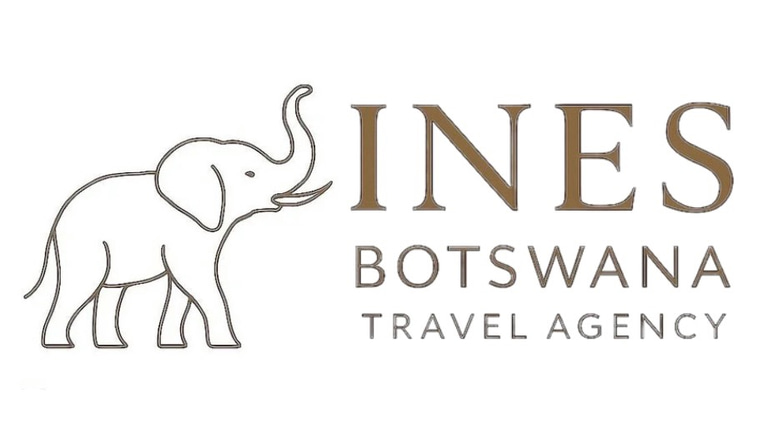Destinations
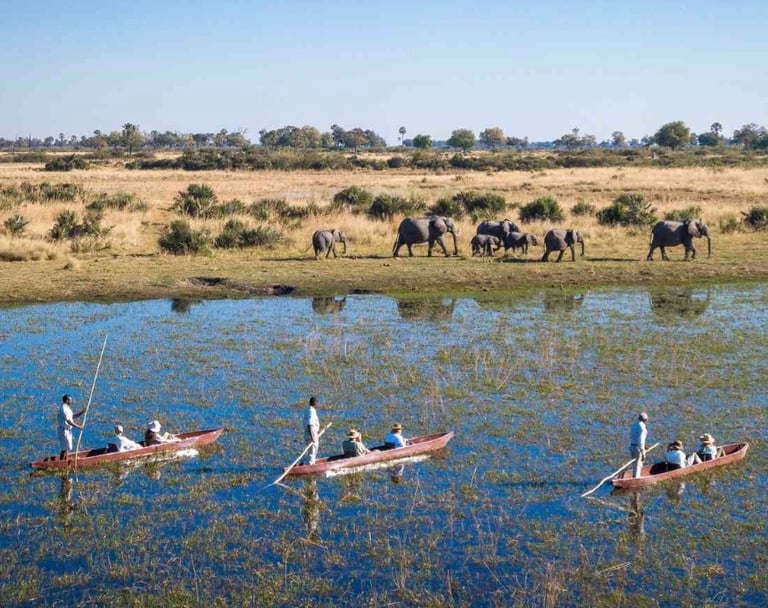

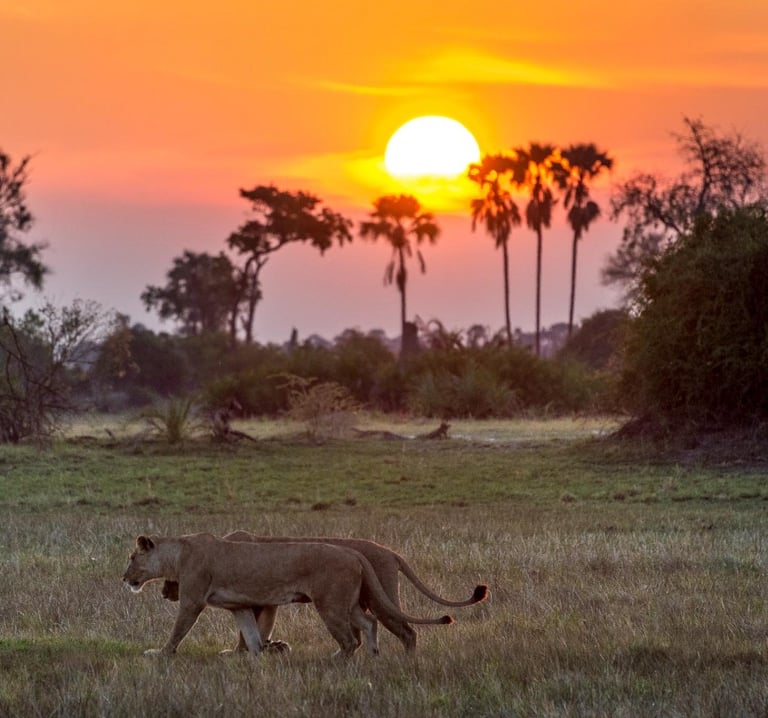

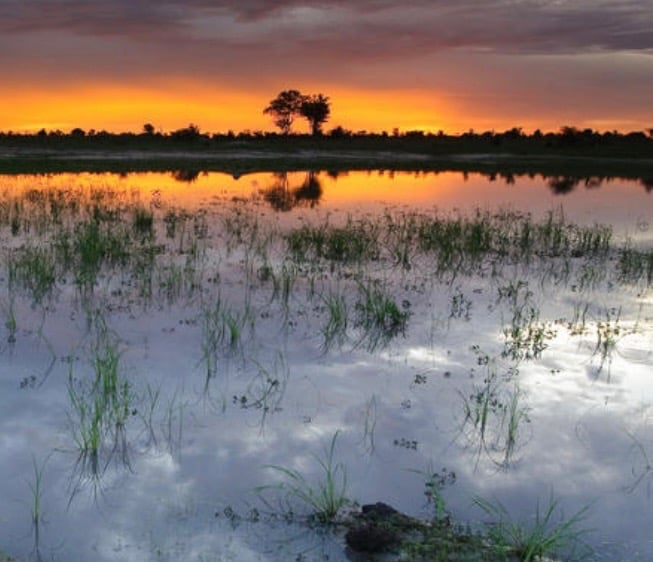

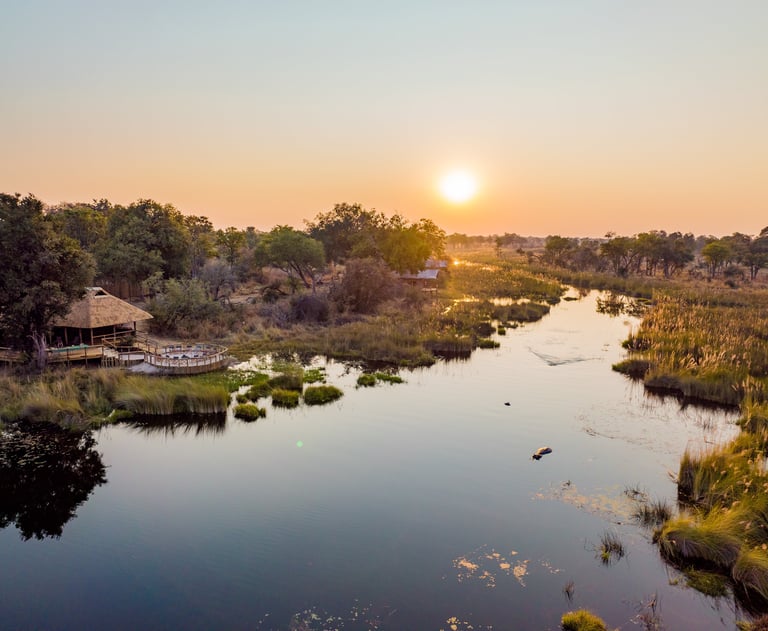

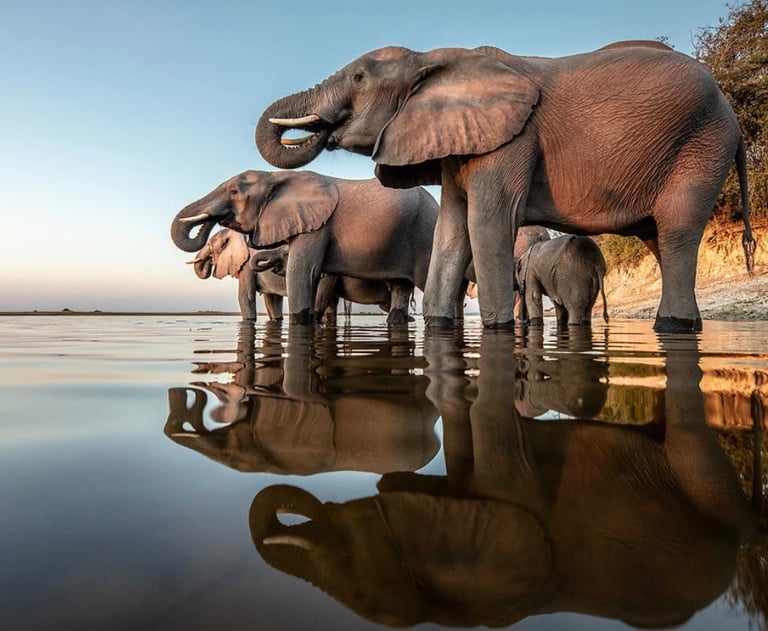

CHOBE NATIONAL PARK
MOREMI GAME RESERVE
KHWAI
CHIEFS ISLAND
OKAVANGO DELTA
CHOBE NATIONAL PARK
Discover some of our breathtaking destinations
Travel FAQs
Do I need a visa to travel to Botswana?
Most nationalities can enter Botswana visa-free for up to 90 days. However, we recommend checking the latest entry requirements with the nearest Botswana embassy or consulate before travel.
Dry season (May – October): Best for game viewing, as wildlife gathers around water sources.
Wet season (November – April): Lush landscapes, birdwatching, and fewer tourists. Some camps may close due to flooding.
What vaccinations or health precautions are needed?
No mandatory vaccinations, but yellow fever vaccination is required if arriving from a yellow-fever area.
Malaria prophylaxis is recommended, especially for northern Botswana (Okavango Delta, Chobe, Moremi).
Carry basic medication, mosquito repellent, and sunscreen.
What currency is used in Botswana?
The local currency is the Botswana Pula (BWP). Credit cards are widely accepted in lodges and larger towns, but for small purchases or tips, it is good to have cash.
What should I pack for my safari?
The official language is English, and Setswana is the national language. English is widely spoken in lodges, hotels, and by guides.
What language is spoken?
Neutral-colored clothing (avoid bright colors and camouflage)
Lightweight clothes for the day, warm layers for mornings and evenings
Comfortable walking shoes
Sun hat, sunglasses, sunscreen
Binoculars and camera with spare batteries
Personal medication & insect repellent
Is tap water safe to drink?
In major towns, tap water is treated and safe, but in camps and lodges, it’s best to drink the filtered or bottled water provided.
Yes, Botswana is considered one of the safest countries in Africa for visitors. Camps and lodges are in remote wilderness areas with strict safety protocols. In cities, normal travel precautions should be taken.
